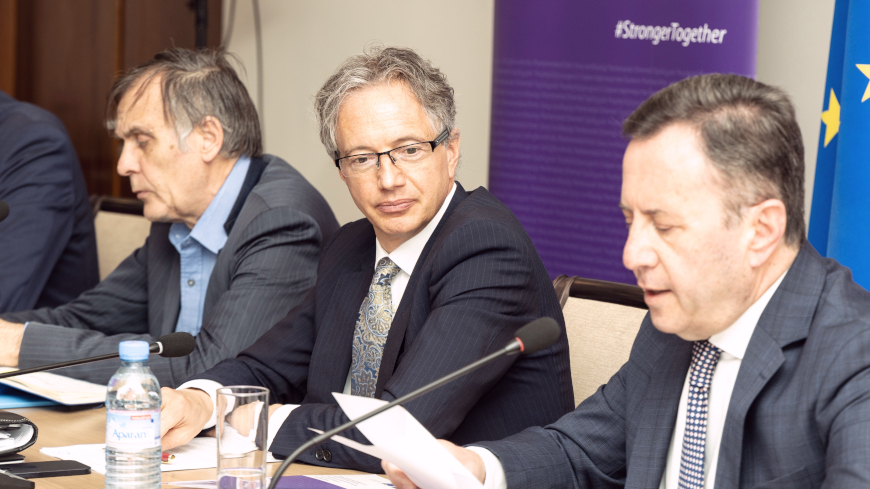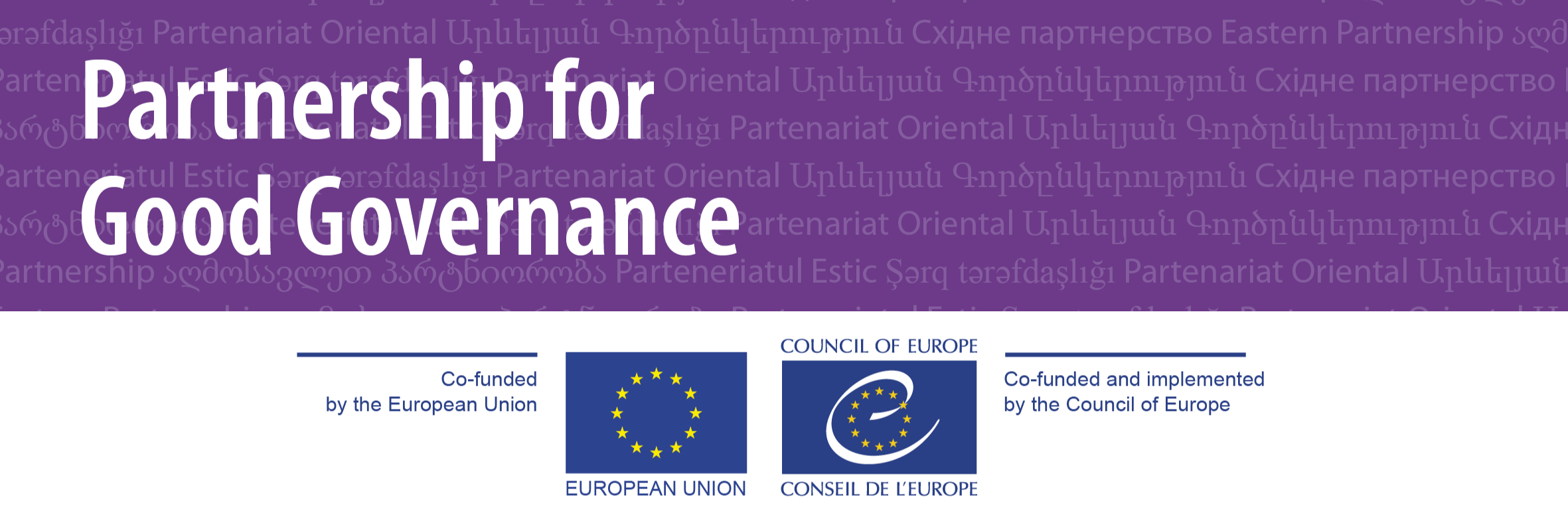The European Union and the Council of Europe together with representatives from the national authorities and beneficiary institutions, held the second Local Steering Committee meeting under the third phase of the Partnership for Good Governance.
“Today’s meeting is a proof of excellent long-standing co-operation between Armenia, the European Union and the Council of Europe and provides us with a good opportunity to present the results of our work in 2023, exchange opinions, identify challenges and find ways to address them”, said the Director of Programme Co-ordination of the Council of Europe, Claus Neukirch.
“It is encouraging to see the national stakeholders and civil society organisations together to showcase the progress of the Partnership for Good Governance projects, demonstrate the synergy in the fields of human rights, democracy, and the rule of law. Success stories from the Partnership for Good Governance previous phases serve as proof of co-operation of the European Union and the Council of Europe”, highlighted the Director of the Europe Department of the Ministry of Foreign Affairs Samvel Mkrtchyan.
“Human rights are one of the cornerstones of the European Union/Council of Europe joint programme Partnership for Good Governance. The programme is in relevance with the current reform agenda of Armenia. And the European Union will continue supporting the reforms in the fields of judiciary, the rule of law and democracy in Armenia”, said the Head of Cooperation Section of the Delegation of the European Union to Armenia Frank Hess.
Three country-specific projects are implemented in Armenia, with a total budget of 2.36 million euros, co-funded by the EU and the Council of Europe. They build on the results of the previous phases of the programme and aim at assisting Armenian authorities in carrying out judicial reforms in the country, enhancing national capacities to effectively prevent and fight economic crime and promoting equality non-discrimination.
At regional level, three projects are implemented in Eastern Partnership countries, including Armenia, aimed at fighting economic crime, promoting equality and non-discrimination and advancing women’s access to justice. Their purpose is to encourage networking, provide a platform for sharing experiences and good practices, and, where relevant, complement country-specific projects.
Find out more about the work of the Partnership for Good Governance in Armenia
Find out more about the Partnership for Good Governance programme
Visit the website of the Council of Europe Office in Yerevan
This event is part of the European Union and Council of Europe joint programme “Partnership for Good Governance”, co-funded by the European Union and the Council of Europe, and implemented by the Council of Europe.






